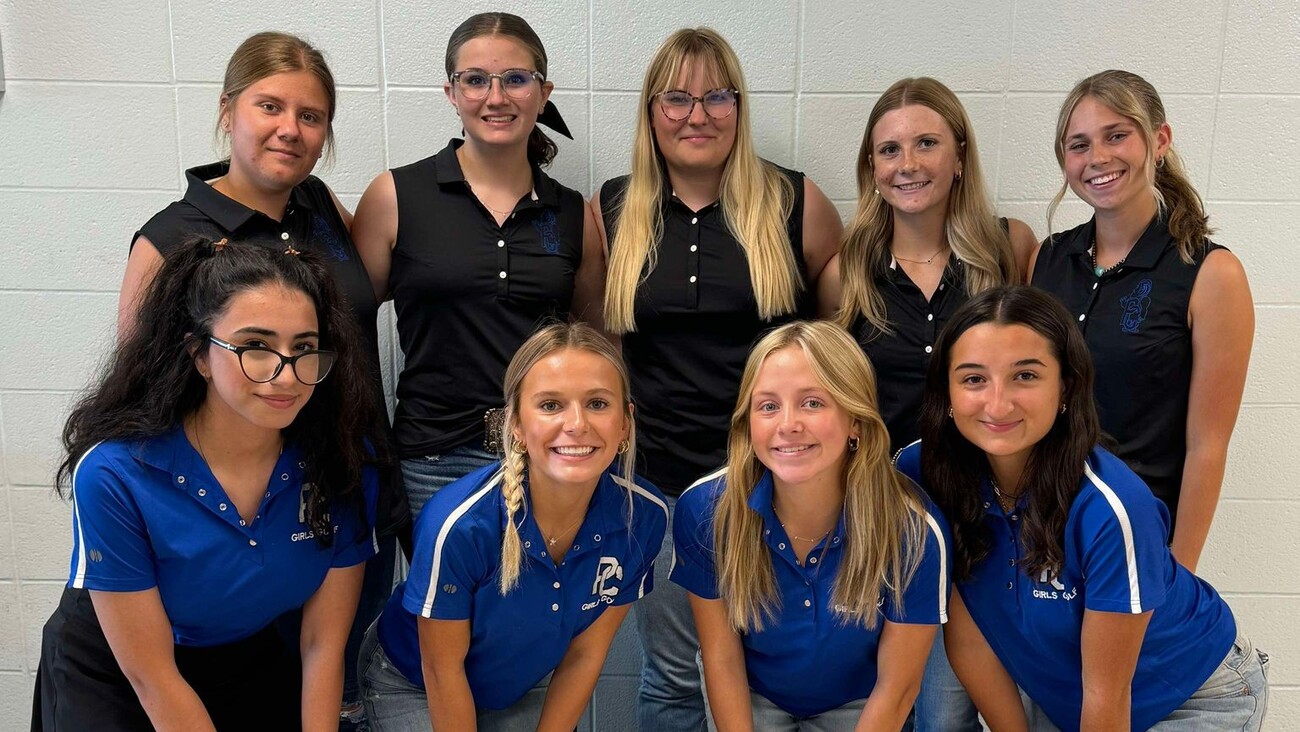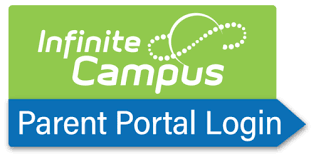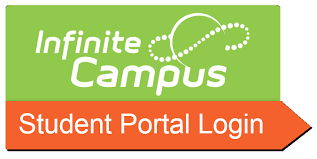Putnam County Parent Involvement Policy
The Board of Education believes that the education of each child is a responsibility shared by school and
family. The Board recognizes the need for a partnership between districts and families that will provide
for two-way communication and will support educational opportunities for students and families. Parental
involvement is crucial to the success of Title I programs. As stipulated by federal law, the district and
parents jointly develop and agree upon a written parental involvement policy that will be distributed to
patrons. In order to support active parental involvement and to set and realize goals for parent-supported
student learning, the district will:
1. Provide activities that will educate parents regarding the intellectual and developmental needs of
their children at all age levels. This will include promoting cooperation between the district and
other agencies or school/community groups (such as parent-teacher groups, Head Start, Parents
as Teachers, etc. to furnish learning opportunities and disseminate information regarding parents’
skills and child/adolescent development.
2. Implement strategies to involve parents in the educational process, including:
a. Keeping families informed of opportunities for involvement and encouraging participation in
various programs.
b. Providing access to educational resources for parents/families to use together with their
children.
c. Keeping families informed of the objectives of district educational programs as well as of
their child’s participation and progress within these programs.
1. Enable families to participate in the education of their children through a variety of roles by:
a. Providing input into district policies.
b. Volunteering time within the classrooms and school programs.
c. Participating in the activities of the school.
Each school receiving Title I funds will jointly develop with and distribute to parents of children
participating in the Title I program a written parental involvement policy agreed upon by such parents in
accordance with the requirements of federal law:
a. The policy must be made available to the local community and updated periodically to meet
the changing needs of parents and the school.
b. The policy shall contain a school-parent compact that outlines how parents, the entire school
staff and students will share the responsibility of student learning.
c. The parent advisory committee will convene annually to review and revise the policy.
PR 1405 PARENT/FAMILY INVOLVEMENT IN EDUCATION
School/Community Relations
In order to implement the Board’s commitment to parent/family involvement in students’ education, the District has
implemented an educational involvement plan with the following features:
1. Regular two way communication between school and parents/families. Such communication will include
but not be limited to scheduled parent visits to school, electronic communication, use of translators, parent
volunteers, and other programs recommended by the Parent/Family Involvement Committee.
2. Assist parents in developing positive, productive parenting skills, as well as positive productive means of
interacting with District administrators and staff.
3. Provide professional development opportunities for District staff to facilitate productive parent/school
involvement in promoting education of District students.
4. Involve parents in meaningful activities to enhance student learning.
5. Enhance opportunities for parents/families to visit schools in a safe and open atmosphere. Such
opportunities will include, but are not limited to, identifying roles for parent volunteers, providing training
for volunteers and provision of family activities at school.
6. Affirmatively involve parents in school decisions which affect their children.
7. Utilize community resources to promote and strengthen school programs, family practices, and student
8. The Plan will be reviewed annually with input from parents and staff. Meeting agenda sign-in sheets and
meeting minutes will be prepared and maintained by the District.
9. Full opportunity for parent participation will be provided to all parents including, but not limited to, parents
with limited English proficiency, parents with disabilities, and parents of migratory children.
10. Conduct an annual evaluation of the policy to identify and resolve any barriers that would limit the
involvement of parents. (Examples of barriers include, but are not limited to, economically disadvantaged,
limited English proficiency, limited literacy, disabled or are of any racial or minority background).
Last modified: July 12, 2014



.png)
.jpg)



.png)
.png)


.png)


